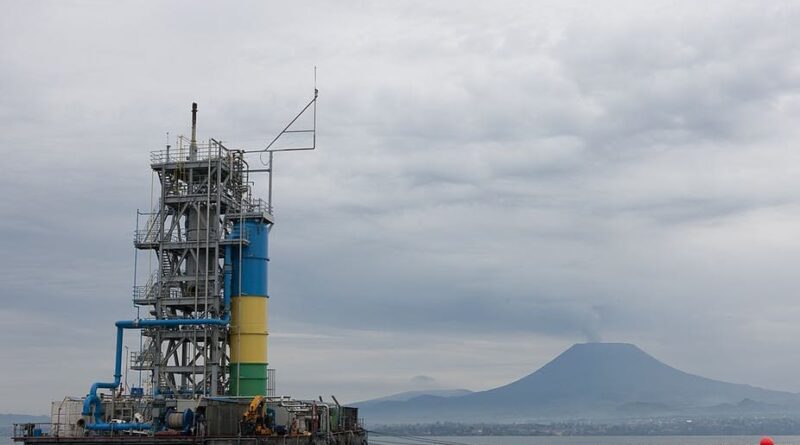Without pro-trade reforms, Africa risks missing out on global growth
The Free Market Foundation (FMF) and the Initiative for African Trade and Prosperity (IATP) call on African governments to radically speed up their implementation of pro-trade policy reforms, as part of the wider Africa Continental Free Trade Area (AfCFTA) project.
The World Trade Organisation (WTO) has indicated that global trade flows will continue their rapid rebound in 2021 and into 2022. According to the WTO, Asia will see the strongest gains in exports. Unfortunately, the trade body foresees that Africa will lose out, and that poorer countries will suffer through the weakest trade recovery. However, there is room to arrest and reverse that prediction – if policymakers implement the necessary, pro-growth, pro-trade, and pro-job creation reforms.
Alexander Hammond, Director of the Initiative for African Trade and Prosperity said: “While it is great news that global merchandise trade is above its pre-pandemic peak, once again levels of African trade are suffering. With the implementation of the AfCFTA at the beginning of this year, African states have a historic opportunity to have a future trading relationship based on free trade, continued trade liberalisation, and greater economic integration. While the AfCFTA could see tens of millions of African lifted from extreme poverty within 14 years, the lengthy timeline for tariff reduction under the agreement is a concern.”
Hammond continued: “As the AfCFTA plans to remove 90% of tariffs on goods traded between all member-states within ten years, this means any substantial benefits from the free trade area won’t be seen for a long time. To use free trade to bounce back from the adverse economic impact of Covid-19, ambitious African leaders should strive to reduce the timeline for this tariff reduction and seek to embrace an immediate reduction in both tariffs and non-tariff barriers. Doing so will mean a brighter future for hundreds of millions of people across the continent.”
FMF Deputy Director Chris Hattingh said: “For South Africa specifically, the government should pause any Localisation Master Plans. These will increase tariffs, and thus prices and costs, on imported goods and materials that could otherwise be acquired cheaper and faster. Poorer-to-middle-income consumers will bear the brunt of these Plans. And while several companies will receive a boost in the form of subsidies, it is not objectively clear why some should receive benefits from protectionism that is anti-competition in nature.
He added: “For the costs that it will impose, localisation also will not necessarily produce more resilient supply chains. Those businesses and suppliers that receive localisation-based subsidies from government will be protected from robust market forces and competition, and the resultant supply chains will not be as shock-proof as they would be subject to normal market forces.”
The FMF and IATP recommend that the South African government focus on infrastructure improvements and creating a space for private sector investment and competition – especially in the areas of port and rail infrastructure. The country’s ports’ performanc came in bottom of the World Bank and IHS Markit’s global Container Port Performance Index.
Instead of localisation plans that will increase costs, increase pressure on consumers, and dissuade foreign direct investment, it is within government’s proper ambit to improve the wider trade environment to facilitate the easier flow of goods and services, both into and out of the country.




